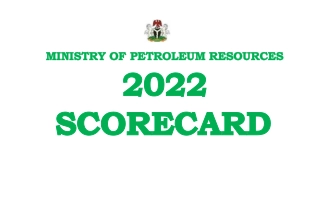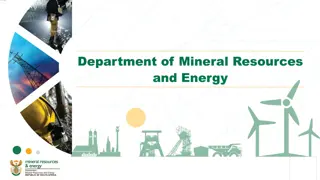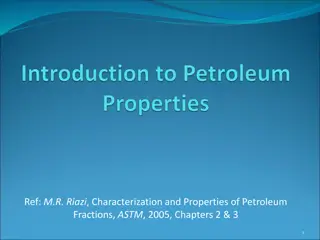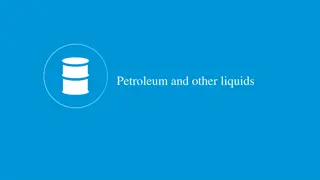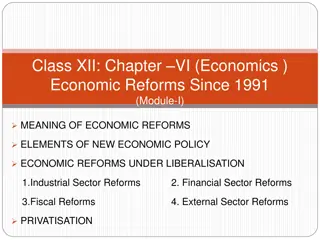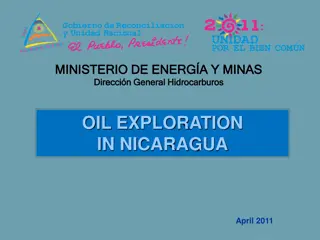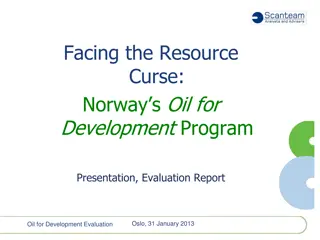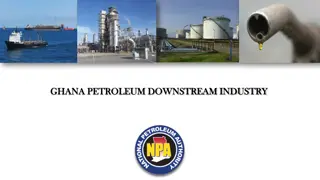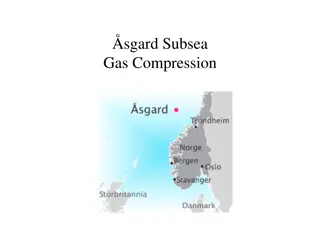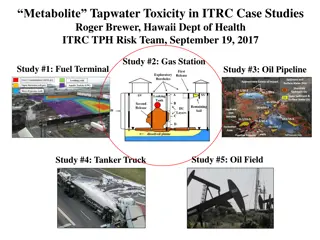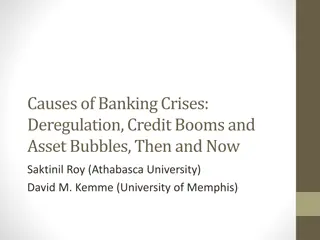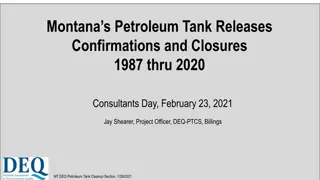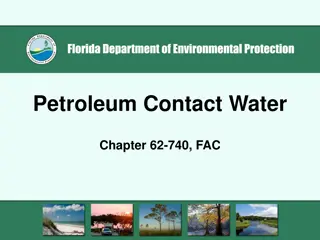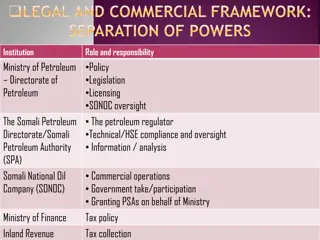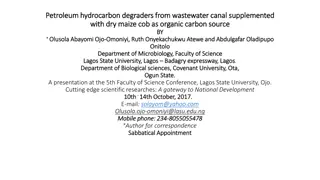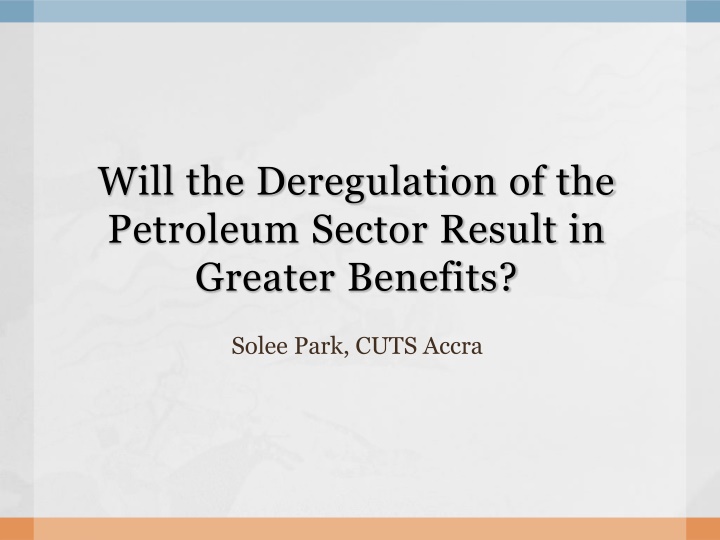
Deregulation of Petroleum Sector: Optimizing Benefits
Delve into the implications of deregulating the petroleum sector with insights on industry overview, reasons for deregulation, anticipated benefits, and effective regulatory framework components. Understand how price deregulation empowers Oil Marketing Companies (OMCs) but requires robust regulatory oversight for quality control and price stabilization.
Download Presentation

Please find below an Image/Link to download the presentation.
The content on the website is provided AS IS for your information and personal use only. It may not be sold, licensed, or shared on other websites without obtaining consent from the author. If you encounter any issues during the download, it is possible that the publisher has removed the file from their server.
You are allowed to download the files provided on this website for personal or commercial use, subject to the condition that they are used lawfully. All files are the property of their respective owners.
The content on the website is provided AS IS for your information and personal use only. It may not be sold, licensed, or shared on other websites without obtaining consent from the author.
E N D
Presentation Transcript
Will the Deregulation of the Petroleum Sector Result in Greater Benefits? Solee Park, CUTS Accra
Outline of Presentation Industry Overview Reasons for De-regulation Anticipated Benefits of De-regulation Components of Effective Regulatory Framework
Industry Overview Act 691 (2005): National Petroleum Authority (NPA) to regulate the downstream sector of the petroleum industry Major oil marketing companies: Total, Shell, and Goil NPA in charge of determining the prices Automatic Petroleum Product Pricing Formula
Reasons for Deregulation Automatic Petroleum Product Pricing Formula Asymmetrical reflection of world petroleum prices and depreciation in the cedi Government subsidies 2013: GHS 2.4 billion Illegal export to low-subsidy neighboring countries
Deregulation of the Petroleum Sector Price deregulation: June 16, 2015 Oil Marketing Companies (OMCs) to determine petroleum pricing
Components of an Effective Regulatory Framework Monitor and supervise competition in the petroleum sector - Promote a level playing field through enabling policies Prevents and Take actions on anti-competitive practices - Collusive behaviour and other market malpractices Safeguard quality Keep prices under control (reduce volatility)
Thank You accra@cuts.org

